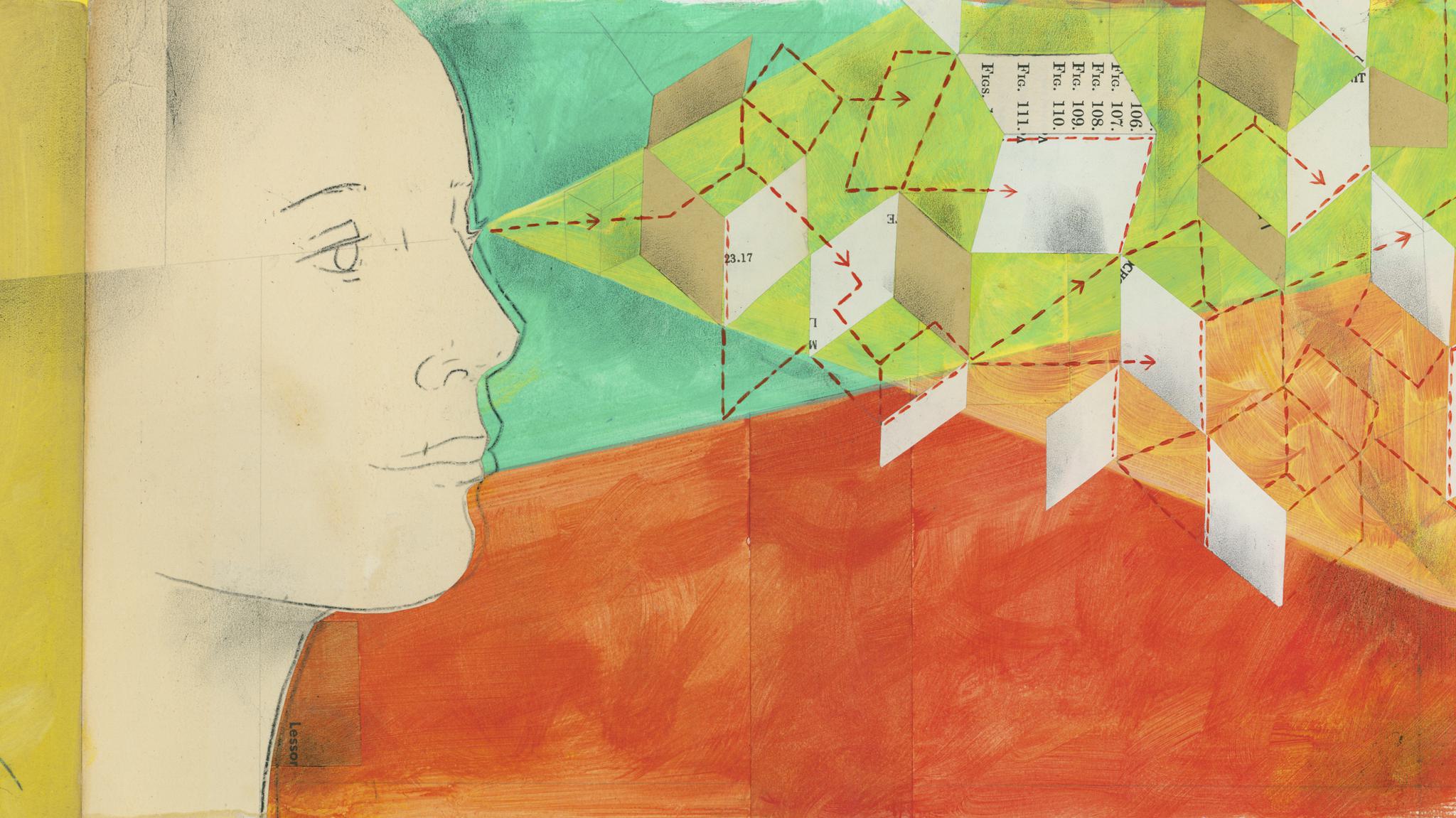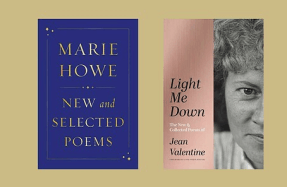It's Easier To Call A Fact A Fact When It's One You Like, Study Finds
The Pew Research Center looked at Americans' ability to identify factual statements as opposed to opinion statements. Success rates varied significantly, they found — and partisan bias played a role.
by Camila Domonoske
Jun 19, 2018
2 minutes

Study after study has found that partisan beliefs and bias shape what we believe is factually true.
Now the Pew Research Center has released a new study that takes a step back. They wondered: How good are Americans at telling a factual statement from an opinion statement — if they don't have to acknowledge the factual statement is ?
You’re reading a preview, subscribe to read more.
Start your free 30 days



